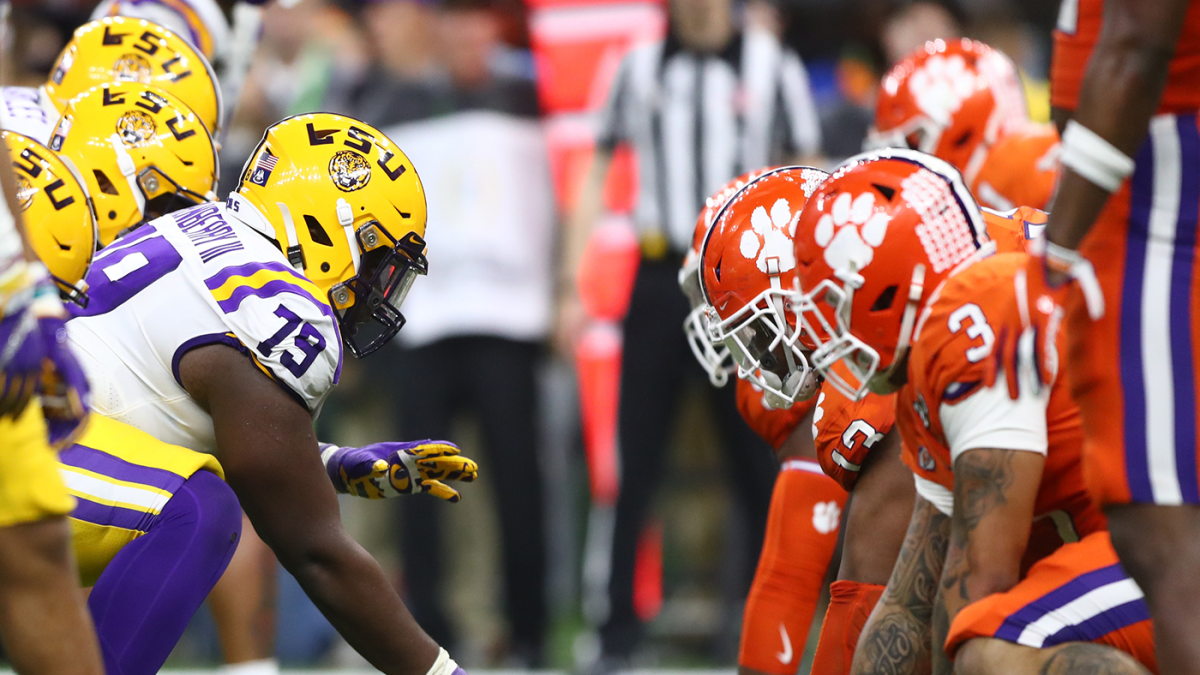In an elite arena, 12-year-old Yu Zidi makes a talent statement

When the Berlin Express reached Denmark after the 1936 Olympics, 30,000 people were waiting for a young girl. Inge Sorensen, who years later rightly called herself a “natural talent” and then – as The Copenhagen Post reported – quickly apologised for her immodesty, was returning from a remarkable triumph.She had just won bronze in the 200m breaststroke at the Olympics. Oh, and she was only 12.In Singapore, on July 28, another 12-year-old swimmer advertised her precocious skills by coming eyelash close to her own bronze. Yu Zidi is a kid who wore a cap with a cartoon dog on it during the Chinese trials but swims with startlingly adult brilliance. This World Aquatics Championships (WCH) is her first competition abroad and in the 200m medley final, surrounded by elite company at the WCH Arena, she was outstanding.In this compressed four-stroke event – which she explained as “tasting various cuisines” – she was third after the butterfly leg, third after the backstroke leg, fell to seventh after the breaststroke stage, and in the final 50m of freestyle rebounded to come fourth. A girl found grit under pressure and it left her 0.06 of a second from bronze.Sports as a story follows a predictable arc: Victory, defeat, miracle, heartbreak, error, comeback, hardship, redemption. But almost nothing compels like the prodigy. In maths, it’s fascinating; in sports, it’s bewildering. This isn’t decoding equations in a room, this is confronting rivals in the unforgiving glare of the public eye. In the old days, teenage divers at the 1920 Olympics had no coach but instead a chaperone.The prodigy is an aberration in the sporting script. The great deed takes time, but the prodigy is ahead of time. It’s one thing to solve the Rubik’s Cube in less than eight seconds at age seven, another to go where Aileen Riggin did. Under five feet and less than 30kg, she practised diving in a tidal pool. At the 1920 Olympics in Antwerp, as her New York Times obituary stated, she used a board that was a spring-less plank and competed in an ice-cold pool of black water. Still at 14, she won Olympic diving gold. Four years later she also won a swimming medal.Yu lives in a harder world, the competition wider and intense, the scrutiny vast and rougher. In a famous prodigy story, a random boy was picked from the crowd by the Dutch rowing pair at the 1900 Olympics who needed a light coxswain to steer the boat. The Dutch won gold, the boy – estimated by some to be eight – stayed for a photograph and then vanished, his name still a mystery. But today no prodigy stays a complete unknown.The always helpful Chinese media at this meet seem a touch intrigued by the international interest in Yu. If details are few it’s because even for them she is new. One reporter conceded her age was surprising: in diving in China it’s not unusual, in swimming it is. When she was six her dad took her to a water park for fun; now six years later she’s qualified to sit for swimming’s second-greatest examination. Time bends to advanced talent.There is no data to confirm if modern sport has more prodigies. Certainly more of the world plays sport, the rewards are tantalising and kids are skipping school. Quick fame is a global temptation. And yet in some sports, the young teenage champion is almost extinct. Men’s tennis is so physically brutal that a repeat of 40 years ago, when Boris Becker ruled Wimbledon at 17, is unlikely.All sports also have tighter age rules and you will never see a repeat of Dimitrios Loundras, who won gymnastics bronze at the 1896 Olympics at 10. But whether it’s 12 or 14, all prodigies must eventually meet the high tide of expectation. To be gifted at one age, as the golfer Michelle Wie discovered, is no guarantee of greatness two years hence. Some talent keeps rising sharply, some just plateaus.And so life will alter for Yu, or as Mary-Sophie Harvey, who came third, said, “Now she’s gonna have a lot of pressure, but coming into the meet, she was unknown to everyone. So I think it’s good for younger people to just get that experience and swim without any pressure, because they don’t have expectations.”Yu comes from a grand sporting land, familiar with prodigies, and when the race was over, she was escorted past the media at the mixed zone with a gentle smile on her face. “Let’s take it easy,” her minder politely said and he was right. She’s barely old enough to compete, let alone to be interrogated. Sport is hopefully still a joy for her, competition a lark, and it’s what it should be at 12. The precocious have to be protected for they are precious.











